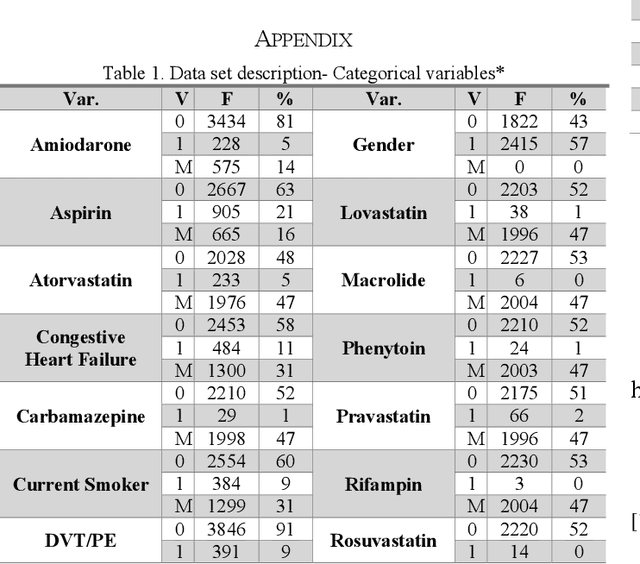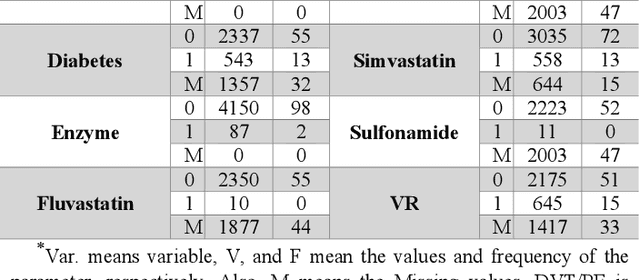A Computer-Aided System for Determining the Application Range of a Warfarin Clinical Dosing Algorithm Using Support Vector Machines with a Polynomial Kernel Function
Paper and Code
Mar 21, 2019



Determining the optimal initial dose for warfarin is a critically important task. Several factors have an impact on the therapeutic dose for individual patients, such as patients' physical attributes (Age, Height, etc.), medication profile, co-morbidities, and metabolic genotypes (CYP2C9 and VKORC1). These wide range factors influencing therapeutic dose, create a complex environment for clinicians to determine the optimal initial dose. Using a sample of 4,237 patients, we have proposed a companion classification model to one of the most popular dosing algorithms (International Warfarin Pharmacogenetics Consortium (IWPC) clinical model), which identifies the appropriate cohort of patients for applying this model. The proposed model functions as a clinical decision support system which assists clinicians in dosing. We have developed a classification model using Support Vector Machines, with a polynomial kernel function to determine if applying the dose prediction model is appropriate for a given patient. The IWPC clinical model will only be used if the patient is classified as "Safe for model". By using the proposed methodology, the dosing mode's prediction accuracy increases by 15 percent in terms of Root Mean Squared Error and 17 percent in terms of Mean Absolute Error in dose estimates of patients classified as "Safe for model".
 Add to Chrome
Add to Chrome Add to Firefox
Add to Firefox Add to Edge
Add to Edge